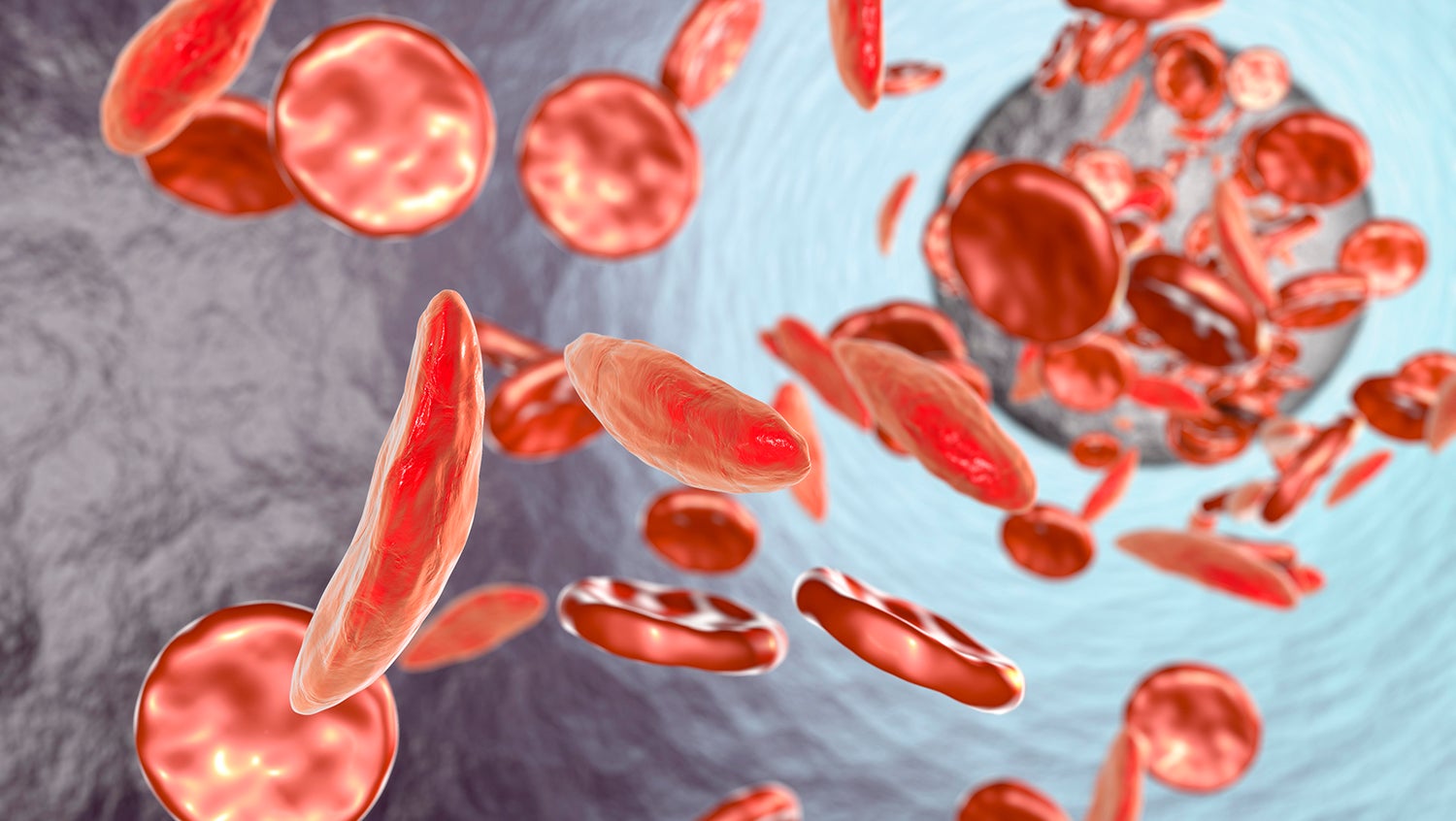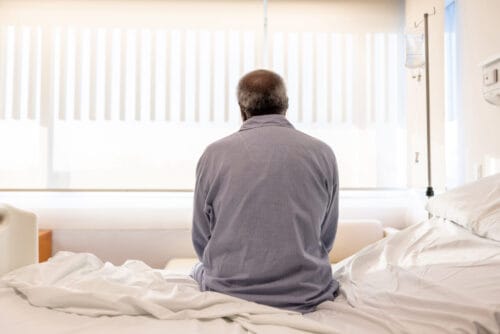COVID-19, Sickle Cell Disease, and a Critical Need
March 25, 2020

Getty Images
Respiratory viruses are known to cause severe complications in people with sickle cell disease, many of whom already face significant challenges.
We are facing a global pandemic as cases of COVID-19, the disease caused by the novel coronavirus, rise around the world. More severe disease, including respiratory failure and the need for mechanical ventilation, is seen in patients with co-existing illnesses. Individuals with sickle cell disease (SCD) are a particularly vulnerable group of patients, with a higher risk of severe complications than the general public.
Sickle cell disease is an inherited disorder causing normal red blood cells to deform into stiff, crescent shapes that get stuck in small blood vessels blocking blood flow and oxygen delivery to many parts of the body. This ‘sickling’ is triggered by events such as viral illnesses, cold weather, stress, and low oxygen, among others. If this sickling happens in the lungs, it triggers a cascade of events that causes a severe complication called acute chest syndrome.
What is acute chest syndrome? When a respiratory illness causes poor oxygenation in areas of the lungs, it causes more sickling, which impedes blood flow, which in turn causes low oxygen levels, which then leads to sickling…and so on. This, combined with the original respiratory infection in a person with sickle cell disease, is called acute chest syndrome, and is one of the leading causes of death in people with SCD.
While there is no data yet on sickle cell disease and COVID-19, we know that other respiratory viruses cause more severe complications in people with sickle cell disease, including higher rates of hospitalizations, acute chest syndrome, and need for mechanical ventilation. This is true every year for seasonal influenza and was even more pronounced during the H1N1 outbreak. We have every reason to believe that the novel coronavirus, which has been shown to cause respiratory failure especially in people with underlying illnesses, will be even more serious for people with sickle cell disease.
Among other reasons, patients with sickle cell disease are at increased risk because they are in more frequent contact with the hospital than other individuals. Providers and patients thus face the difficult choice of deciding when to try to manage symptoms at home and when to come in to be seen. At Boston Medical Center, where I’m a pediatric hematologist, we have converted many visits to telehealth via phone or video to prevent exposure as much as possible.
But some patients still need to be seen for preventative visits or acute crises, thus putting them at higher risk of contracting the virus. One group of patients who must still come in are those on chronic transfusions to prevent stroke or other complications of their disease. However, we are also facing a critical shortage in our transfusion blood supply as donation rates are down in these times of social distancing.
Like all of us, patients with SCD have been encouraged to maintain social distancing, stay home from work and school, and avoid groups in order to prevent exposure. But this may be more difficult for many of our patients who live in poverty, who don’t have jobs that can be done remotely, or who live in crowded conditions such as shelters. Patient families who have found themselves unable to work are at higher risk of housing and food insecurity without their income. We’re already hearing of patients facing eviction and running out of food for their families because they can’t work.
While the economic impact of this pandemic is a concern for many, patients and families of those with SCD were already grappling with unmet needs. The COVID-19 outbreak only stands to exacerbate these challenges that can disrupt health.
Supporting these patients requires diligence not only from healthcare providers, but the public. Here’s how to help:
- Social distancing works. It works to prevent transmission of coronavirus and thus protects the most vulnerable among us, including our patients with sickle cell disease.
- Donate blood. In the face of critical blood shortages, we may have to ration this scarce but lifesaving resource. None of us want to tell patients they cannot receive the blood they need because we don’t have enough.
- Support organizations who are working with high-risk and vulnerable populations.


